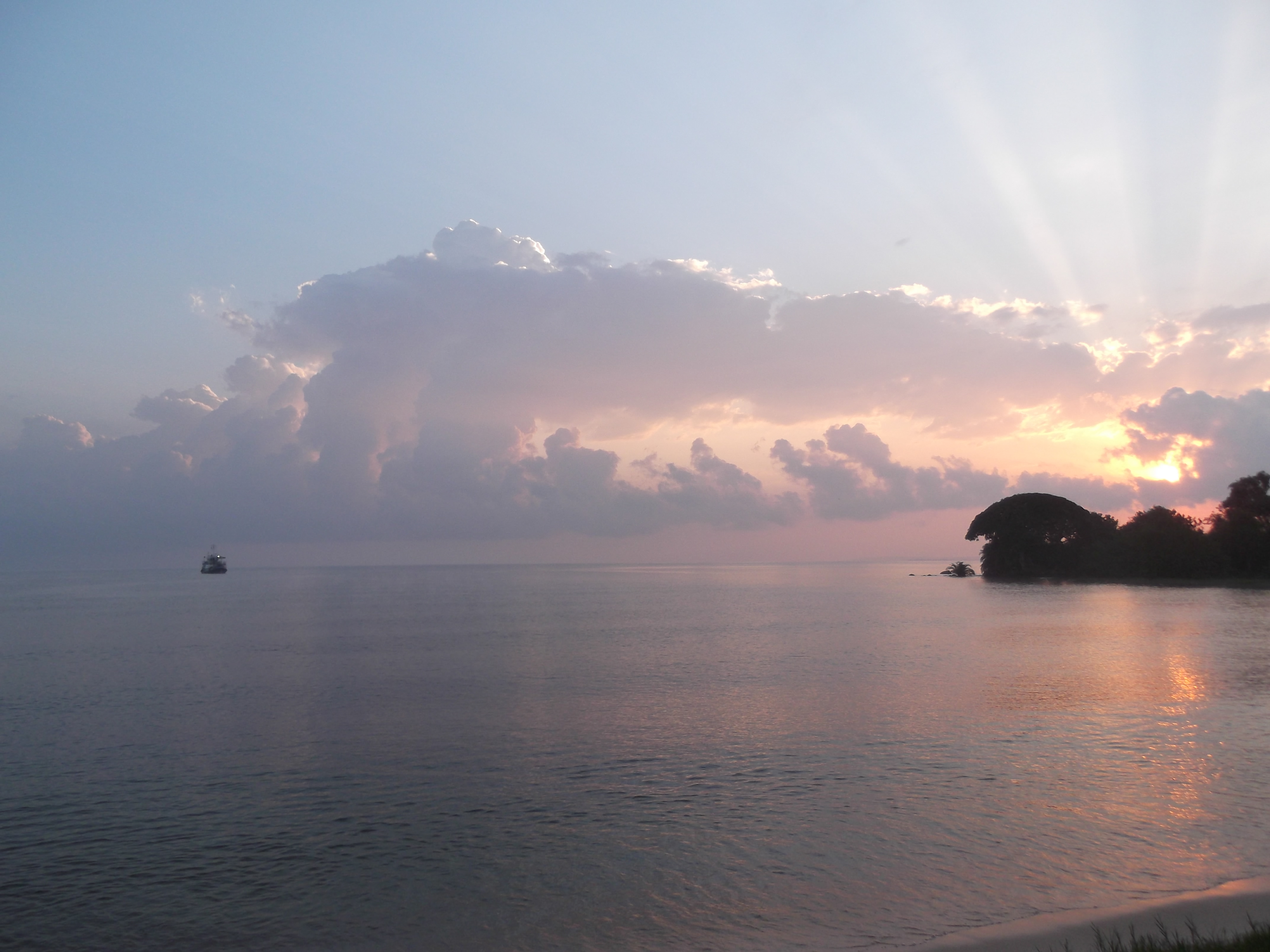Healthcare Via Boat: A Week Aboard the Jubilee Hope
Benet Reid is a post-doctoral social scientist and teacher. His research work is concerned with knowledge co-production and practice in healthcare, health and illness inequalities, health practices in different cultures, and creative practices for health. He has worked with Vine Trust since 2017, and is soon to begin work on a multi-disciplinary project to research schistosomiasis around Lake Victoria. As a volunteer, Benet shared his experience of visiting our Tanzanian vessel...
In autumn 2018 I was privileged to spend a week aboard the Jubilee Hope as a participant observer. I had never been to Africa before, and hope I will have more chances to go. Seeing how people live around Lake Victoria is one of the most enriching experiences anybody from Europe could have.
Knowing about global illness inequality and extreme poverty is different from seeing and feeling it around you. People on the islands have every need for healthcare, but no means of getting it until the medical ship arrives nearby. They spontaneously form neat queues to be registered for the ‘Mzungu’ boat, and once aboard, wait patiently to see a Tanzanian doctor, or see one of the volunteer doctors (with translator assistance).
Even in illness, the people there are sparkling with rich life. Direct eye contact is thought to be aggressive, and cameras are not welcome so I drank everything in with my eyes and ears, while trying not to be too invasive. Being out of place is an unusual sensation for a middle-aged white man, and indeed after a life of electrical appliances and full nourishment, and never having gone a day without clean water to drink, I felt quite absurd: but more than ever eager to help, in whatever small way.
Volunteer clinicians have to learn quickly about various unfamiliar afflictions, and adopt a different style of practice, much more reliant on quick diagnostic laboratory tests. Those on my trip clearly loved this work, and discussed it keenly with their counterparts in the crew. In health volunteering there are anxieties over negotiating cultural boundaries, but being all on the same ship necessitates collaborative working from the start.
Many of the crew are local to these islands. Seeing how vigorously they work, and hearing them speak about it, I gather just how much it means to them to be able to deliver treatments to this marginalised population without worrying about who can or cannot pay. On my final day I wrote lab records for well over 250 people: an exhausting work-rate for the crew, but full of reward.
The volunteers are crucial for how the ship is regarded locally, as they symbolise resources, powerful knowledge and medicine that works. For volunteers, any interaction with the Tanzanians, especially their wonderful children, is a blessing and a delight. I would strongly recommend any prospective volunteer to practice Swahili as much as possible before going. It is the key to connecting with this beautiful place and people.
If you'd like to know about volunteering aboard our medical vessels, have a look at our Medical Expeditions page to find out more. We're looking for doctors, dentists, and nurses to join our two-week teams so get in touch with us today!
